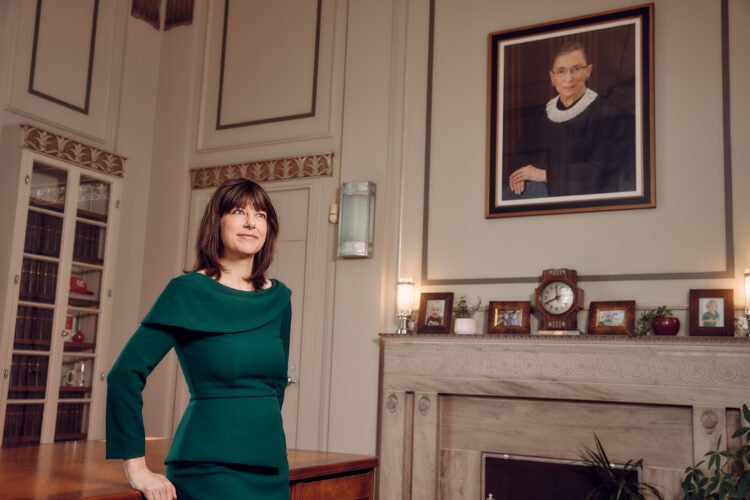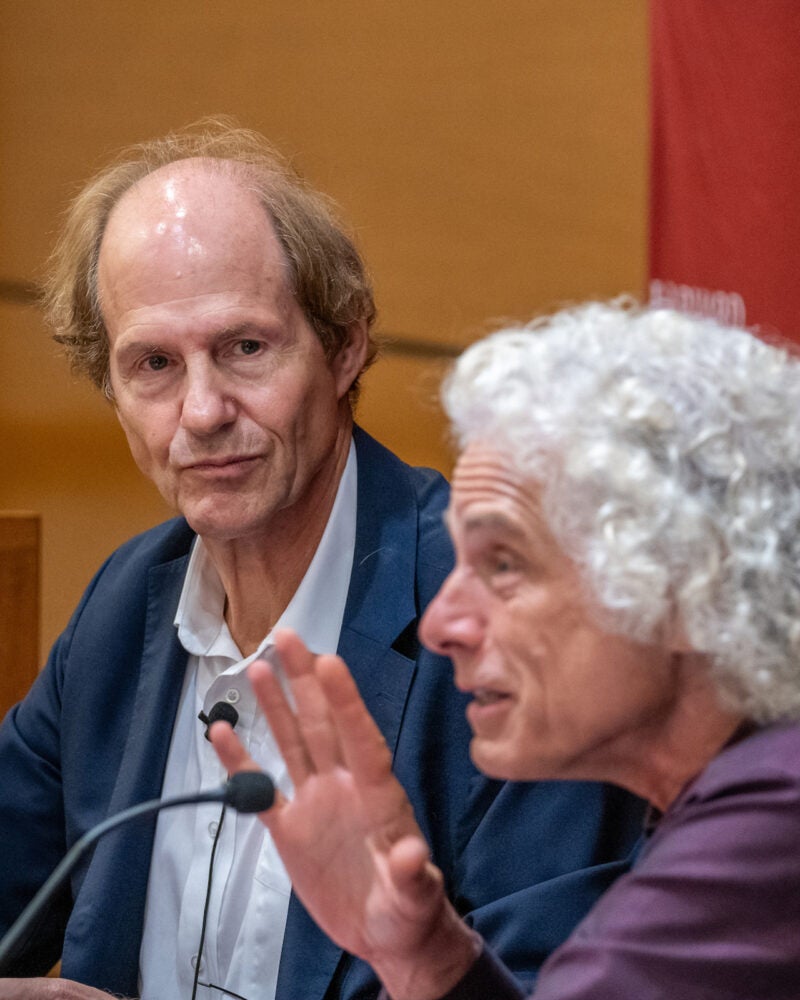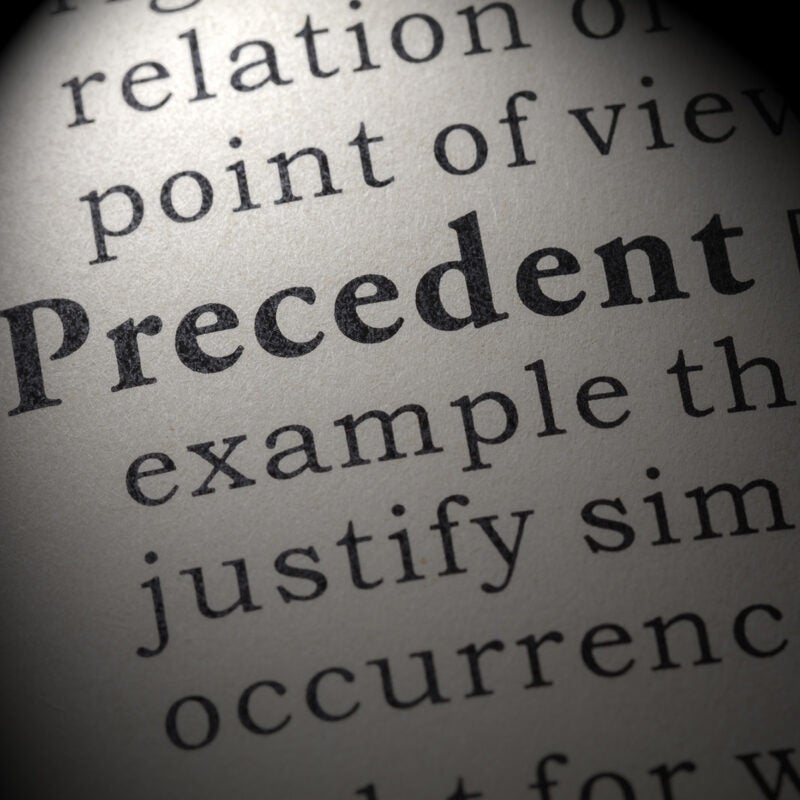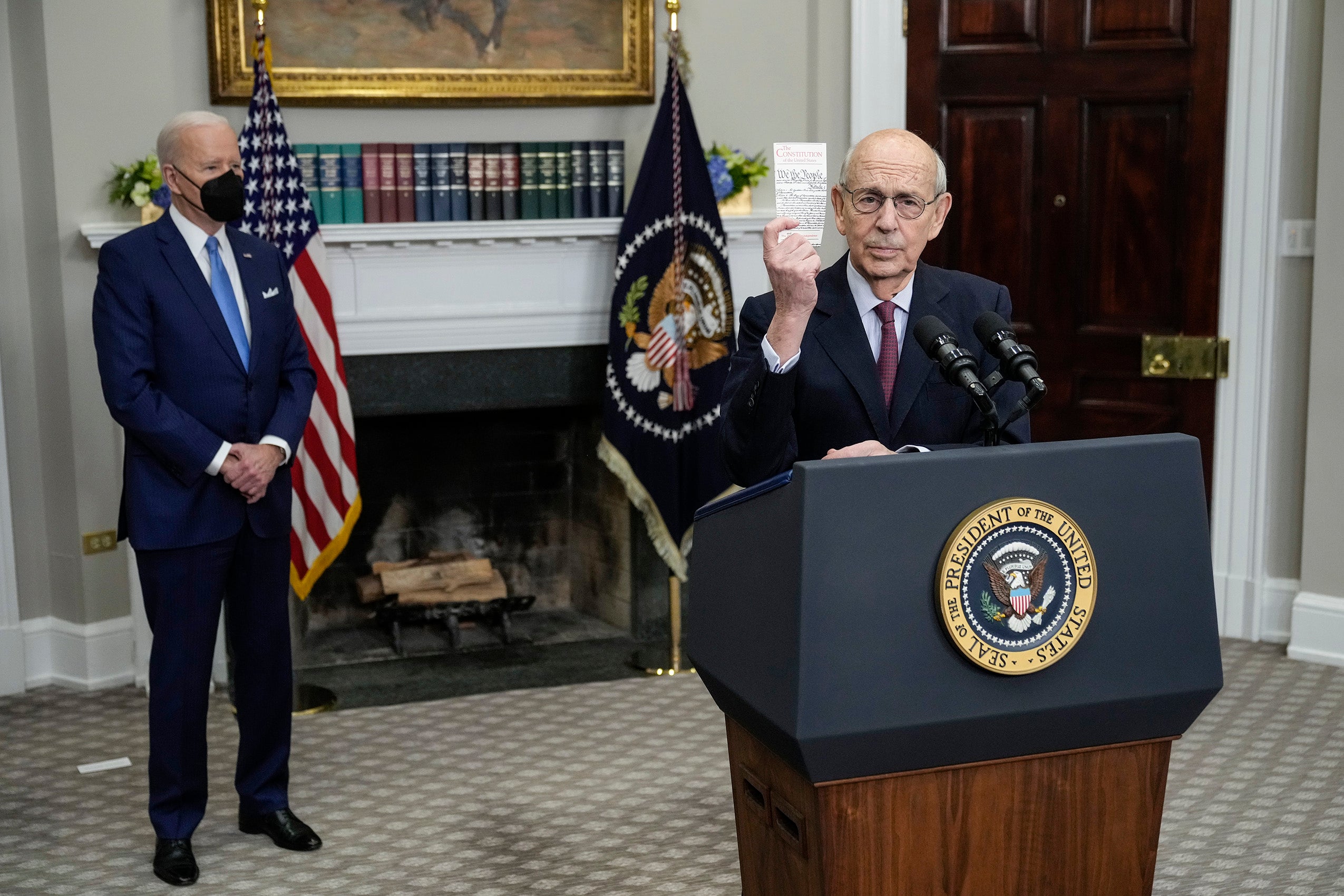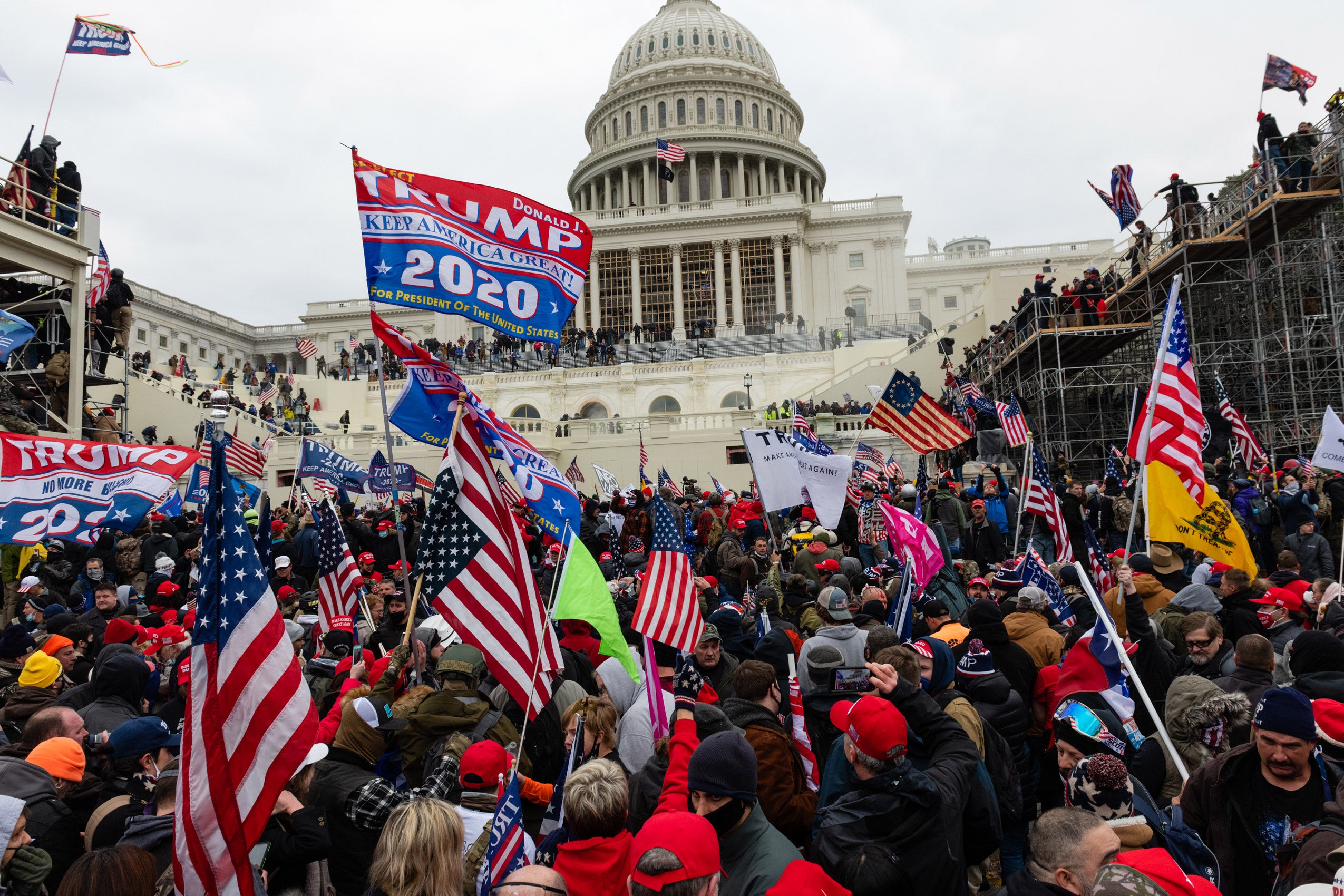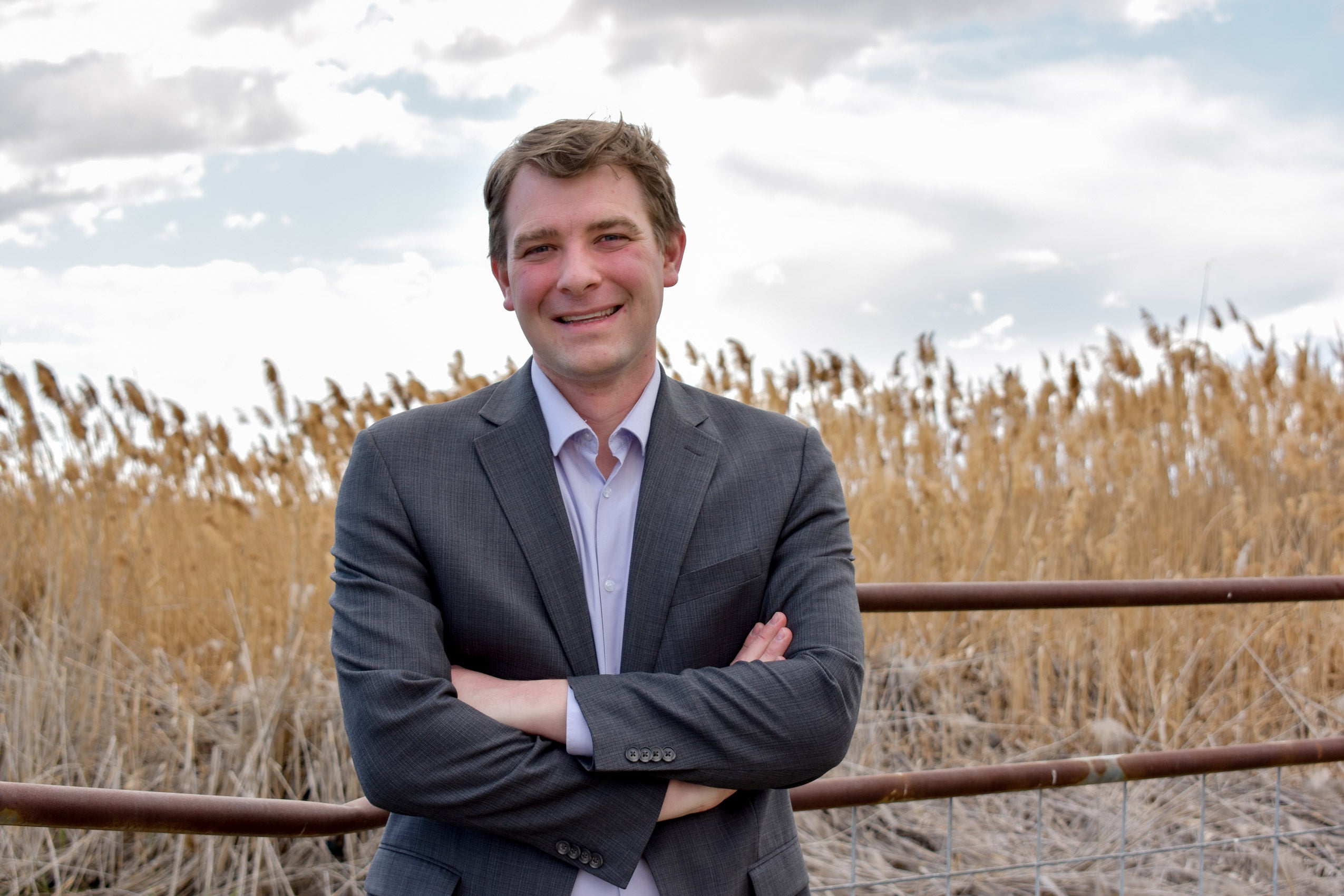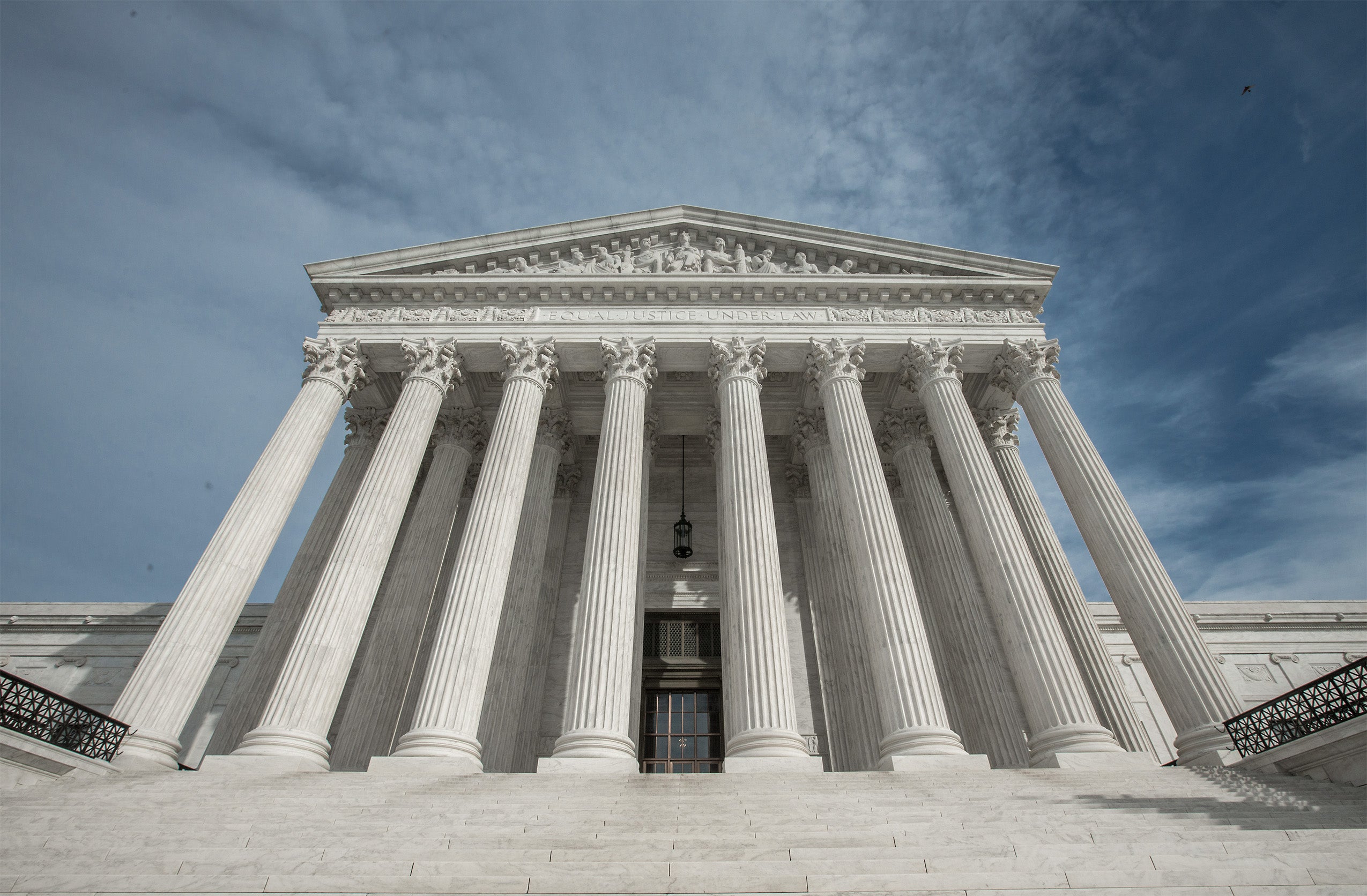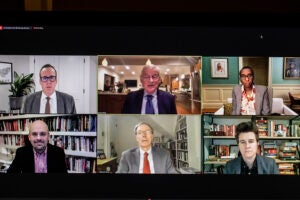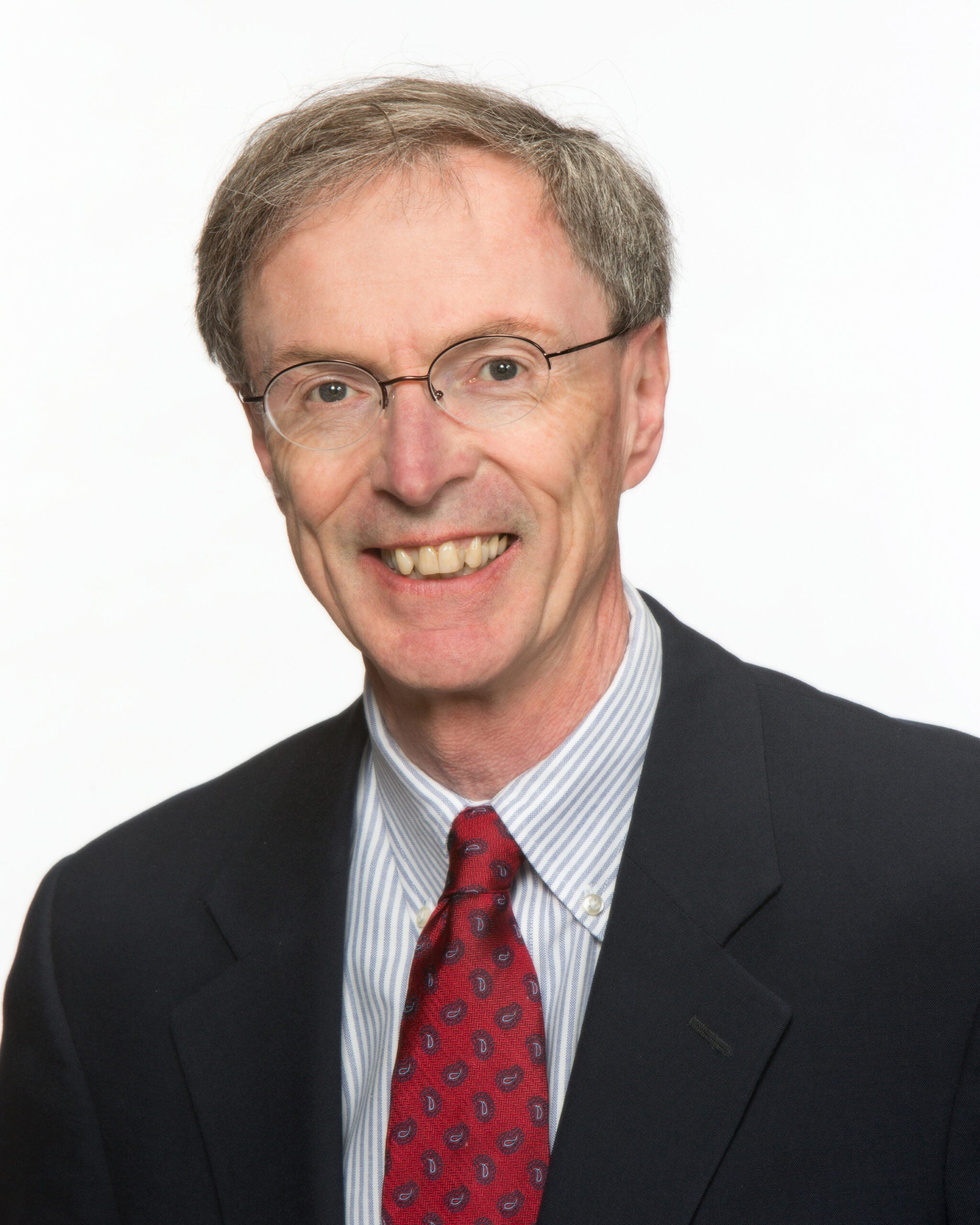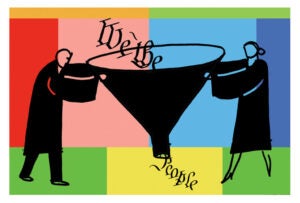People
Richard Fallon
-
Justices Grapple With Waning Public Confidence in High Court
September 14, 2022
Bloomberg Law – It’s difficult to know what Chief Justice John G. Roberts Jr. could have meant when he said he didn’t “understand the connection…
-
For nearly half a century, Republicans have railed against “unelected judges” making rulings that they claim disenfranchise voters from deciding for themselves what laws should govern hot-button issues. But since the release this week of a draft Supreme Court opinion that would overturn the long-standing constitutional right to abortion, Democrats have been the ones embracing that complaint, flipping the script as the party vents its frustration with elements of the U.S. system that have empowered a minority of the country’s voters to elect lawmakers who have successfully reshaped the high court. ... “Through most of U.S. history, there has been a shared stake among elite political actors in preserving the Supreme Court as an institution that is held out as being separate from and above politics,” said Richard H. Fallon Jr., a Harvard Law School professor. He said he sees that tradition eroding. “Certainly at no point in my lifetime,” Fallon said, “has the Supreme Court been more vulnerable than it is right now.”
-
Fairfax school board appeals judge’s invalidation of Thomas Jefferson admissions system
March 15, 2022
The Fairfax County School Board is appealing a federal judge’s ruling that invalidated the recently revised admissions system for the prestigious Thomas Jefferson High School for Science and Technology magnet school. ... It is unclear when the 4th Circuit will weigh in on the TJ case, although it could take months. The Supreme Court’s ruling in its next term on use of race in admissions could have ramifications for how the TJ case is ultimately decided, according to Harvard law professor Richard H. Fallon Jr. He said it has historically been harder, under Supreme Court precedent, to justify racial preferences in the K-12 arena than in higher education. “When the Harvard case is decided, it will undoubtedly have ripple effects,” Fallon said, “because what happens in postsecondary education is obviously not wholly unrelated to what happens in the K-12 context.”
-
In recent months, the Supreme Court has stepped into one controversy after another—taking a case that threatens affirmative-action programs, creating a road map for states looking to copy Texas’s S.B. 8 and nullify constitutional rights, and using the shadow docket to signal major changes to abortion and voting-rights laws. In a matter of months, the Court seems poised to both dramatically expand gun rights and overrule Roe v. Wade. Polling demonstrates that the Court’s popularity has fallen to an all-time low, driven by perceptions that the justices are partisan. The Court’s conservative majority seems remarkably unconcerned about potential damage to its reputation. That may come as no surprise: Supreme Court justices have lifetime tenure unless they are impeached. ... All of this makes it important to understand what we mean when we talk about the legitimacy of the Supreme Court. As the Harvard Law professor Richard Fallon has shown, defining legitimacy takes some work. It can refer to the Court’s moral standing—a concern most acutely raised in legal systems, such as those of Nazi Germany, that sanction obvious human-rights violations. Legitimacy, too, can refer to the perceptions of the legal community—do lawyers, judges, and academics believe that the justices are using reasonable interpretive methods and applying them in good faith?
-
On the Court, Breyer had a ‘deeply thoughtful, learned, humane, and pragmatic approach’
January 27, 2022
In the wake of the news that Supreme Court Associate Justice Stephen G. Breyer ’64 will retire at the end of the current term, Harvard Law School faculty members offer their thoughts on his tenure, legacy, and how the nation’s highest court could change after his departure.
-
January 6, 2021: Harvard Law experts reflect a year later
January 4, 2022
Harvard Law Today asked experts from across Harvard Law School to share their perspectives on January 6, 2021, the events that have unfolded since, and the implications for American democracy going forward.
-
In Memoriam: Lloyd L. Weinreb: 1936–2021
December 26, 2021
Described as one of the great figures in the history of Harvard Law School, Lloyd L. Weinreb ’62, a leading authority on criminal and copyright law, and an HLS professor for nearly a half-century, died Dec. 15, at the age of 85.
-
Critical Moment for Roe, and the Supreme Court’s Legitimacy
December 6, 2021
WASHINGTON — Donald J. Trump, who appointed three Supreme Court justices while president, vowed that they would help overturn Roe v. Wade, the 1973 decision that established a constitutional right to abortion. In arguments on Wednesday, there were more than a few signs that Mr. Trump had succeeded. ... As those dueling perspectives reflect, there is no consensus about what legitimacy means. Richard H. Fallon Jr., a law professor at Harvard and the author of “Law and Legitimacy in the Supreme Court,” said there were two primary definitions. One is moral, expressing a judgment about whether the court deserves to be respected. The second is sociological, based on whether people trust the court to make fair and unbiased judgments. Only that second sense, he said, can be captured in public opinion polls.
-
Faith and fellowship
May 18, 2021
Growing up with a father in the Air Force, Mark Gillespie ’21 moved around a lot as a child. But far from this being a negative, Gillespie says it gave him the sense that life’s possibilities were endless.
-
President Biden appoints 16 Harvard Law School faculty and alumni to panel studying Supreme Court reform
April 14, 2021
President Biden appointed 16 members of the Harvard Law School community — seven faculty and nine alumni — to a new presidential commission on the Supreme Court of the United States.
-
Capitol losses
February 2, 2021
A virtual gathering titled “The Events of January 6 and the Future of American Democracy” featured HLS Professor Richard Fallon and other Harvard experts assessing the damage done by the Jan. 6 riots at the U.S. Capitol.
-
Fallon receives 2021 Daniel J. Meltzer Award from American Association of Law Schools
January 22, 2021
Harvard Law Professor Richard H. Fallon, an award-winning scholar and teacher, has been recognized by the Association of American Law Schools with the 2021 Daniel J. Meltzer Award.
-
Immunity Doctrine Often Shields Police From Lawsuits
June 10, 2020
Three days after George Floyd was killed in the custody of Minneapolis police, the Supreme Court’s justices met privately to consider a raft of long-pending appeals asking them to review a legal doctrine that makes it difficult for many victims of abusive policing to sue the perpetrators. The timing was coincidence, and the court has taken no action on the petitions. But the multitude of cases—including one from Minneapolis—underscores the power of qualified immunity, a rule the Supreme Court recognized in 1967, and later strengthened, to protect officials from the threat of litigation for most law-enforcement actions...Congress in 1871 prohibited state and local officials from violating an individual’s civil rights, during its drive to protect newly free African-Americans from repression in the South...The qualified-immunity doctrine emerged nearly a century later, when in 1967 the Supreme Court said clergymen arrested in 1961 for refusing to leave a bus terminal’s whites-only waiting room in Jackson, Miss., couldn’t sue police officers for violating their rights, since Mississippi’s segregated bus terminals weren’t found unconstitutional until 1965...A turning point came in a 1982 case, Harlow v. Fitzgerald, when the court dismissed a case filed by a former Air Force official alleging that Nixon White House aides fired him for exposing “shoddy purchasing practices.” The decision, by Justice Lewis Powell, freed official defendants from having to demonstrate they acted in good faith, a requirement he said permitted too many “insubstantial claims” to move forward. “Part of Powell’s concern was that police officers might hesitate when they shouldn’t hesitate just out of fear of personal liability,” said Harvard law professor Richard Fallon, who as a law clerk helped the justice draft the Harlow opinion. But the doctrine doesn’t operate “the way Powell thought it operated” because in practice officers don’t pay judgments themselves—police departments do, Mr. Fallon said. “If the officers have immunity, de facto you get immunity for police departments,” he said.
-
Faculty Books in Brief: Summer 2019
August 5, 2019
Books by Cass Sunstein, Mihir Desai, Roberto Mangabeira Unger, and Richard Fallon.
-
Faculty Books in Brief: Summer 2019
June 19, 2019
A single person cannot change a social norm; it requires a movement from people who disapprove of the norm, writes Sunstein. He explores how those movements, ranging from the fight for LGBTQ rights to white nationalism, take shape and effect change.
-
Faculty Books in Brief: Winter 2019
January 29, 2019
With the increased use of a massive volume and variety of data in our lives, our health care will inevitably be affected, note the editors of a new collection, one of the recent faculty books captured in this section.
-
Collins says justice’s respect for precedent will protect Roe v. Wade. Experts disagree.
July 10, 2018
...Richard Fallon Jr., a constitutional law professor at Harvard Law School and former staffer to Collins’ first boss, then-U.S. Rep. William Cohen, says justices must balance two competing legal principles in considering a case: respect for precedent and fidelity to the Constitution. Sometimes these can be in tension, as in a case such as Brown v. Board of Education, where justices overturned a century of cases defending racial segregation in public schools because they violated the Constitution.
-
Supreme Court prepares for right turn
March 28, 2018
As the White House and Congress descend deeper into turmoil, the US Supreme Court is showing signs of becoming as politically fractured as the rest of Washington. It may likewise be shifting more to the right...Unlike in past eras when individual justices were not so predictable based on party, the current five appointed by Republican presidents generally vote along conservative lines, and the four named by Democratic presidents vote on the liberal side. The incendiary atmosphere of the Obama and Trump eras and the increasingly polarized judicial confirmation process may be creating a more polarized Supreme Court. "There are no more stealth justices, no more surprises," said Harvard University law professor Richard Fallon. "That means the person (a president chooses) is going to have a strong disposition to line up on one side or another" accelerating conflict on the court.
